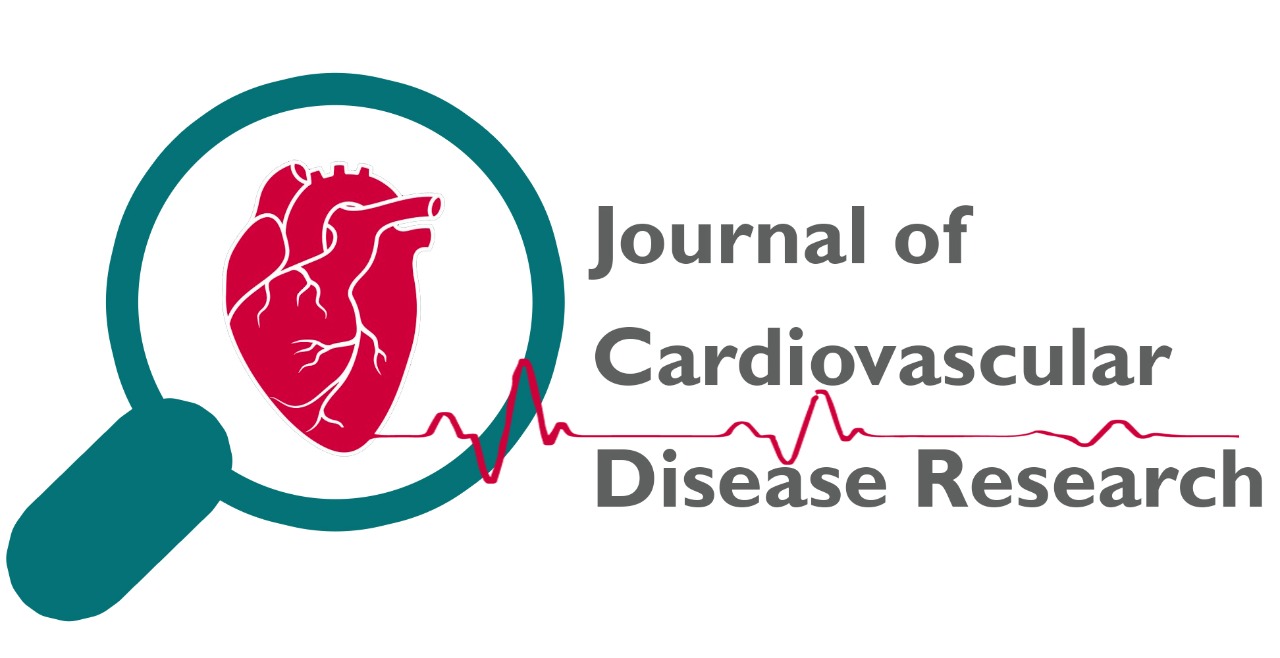
Clinical profile and short-term outcome of pediatric status epilepticus at a tertiary care hospital
Dr. Asadkhan S Pathan,Dr. Shivprasad K Mundada
JCDR. 2022: 321-325
Abstract
Description
Volume & Issue
Volume 13 Issue 4
Keywords
Clinical profile and short term outcome of pediatric status epilepticus at a tertiary care hospital
Vedartham Ramesh
JCDR. 2023: 1465-1471
Abstract
Pediatric status epilepticus (SE) is a medical emergency associated with significant morbidity and mortality. Understanding the clinical profile and short-term outcomes of pediatric SE is crucial for optimal management. This study aims to investigate the clinical profile and short-term outcome of pediatric patients with SE at a tertiary care hospital. Methods: A retrospective analysis of medical records was conducted for pediatric patients diagnosed with SE at Department of Pediatrics, Viswabharathi Medical College, RT Nagar, Penchikalapadu, Kurnool. Demographic characteristics, etiology, seizure characteristics, treatment modalities, and short-term outcomes were analyzed. Statistical methods such as descriptive statistics and chi-square tests were used for data analysis. Results: A total of 150 pediatric patients with SE were included in the study. The mean age was 8.5 years, and male predominance was observed. Febrile illness was the most common etiology (n = 70, 46.7%), followed by metabolic disturbances (n = 30, 20%), structural abnormalities (n = 25, 16.7%), and genetic factors (n = 15, 10%). Generalized convulsive SE was the predominant seizure type (n = 60, 40%), while focal SE accounted for 40% of cases (n = 60). First-line treatment with intravenous benzodiazepines was administered in 80% of cases. The overall mortality rate was 10%, and 20% of patients had neurological sequelae at discharge. Logistic regression analysis revealed that younger age, prolonged seizure duration, and delayed initiation of treatment were associated with poor short-term outcomes. Conclusion: This study provides insights into the clinical profile and short-term outcomes of pediatric patients with SE at a tertiary care hospital. Febrile illness emerged as the leading cause, underscoring the significance of managing febrile conditions effectively. Early recognition and prompt initiation of treatment are crucial for improved outcomes and reduced neurological sequelae. Further prospective studies are warranted to validate these findings and investigate long-term outcomes.
Description
Volume & Issue
Volume 14 Issue 6
Keywords
|
This is an open access journal which means that all content is freely available without charge to the user or his/her institution. Users are allowed to read, download, copy, distribute, print, search, or link to the full texts of the articles in this journal without asking prior permission from the publisher or the author. This is in accordance with the Budapest Open Access Initiative (BOAI) definition of open access.
The articles in Journal of Cardiovascular Disease Research are open access articles licensed under the terms of the Creative Commons Attribution Non-Commercial License (http://creativecommons.org/licenses/by-nc-sa/3.0/) which permits unrestricted, non-commercial use, distribution and reproduction in any medium, provided the work is properly cited. |
|
|
|
|
|
Copyright � 2022 Journal of Cardiovascular Disease Research All Rights Reserved. Subject to change without notice from or liability to Journal of Cardiovascular Disease Research.
For best results, please use Internet Explorer or Google Chrome POLICIES & JOURNAL LINKS
Author Login
Reviewer Login About Publisher Advertising Policy Author's Rights and Obligations Conflict of Interest Policy Copyright Information Digital Archiving & Preservation Policies Editorial Policies Peer Review Policy Editorial & Peer Review Process License Information Plagiarism Policy Privacy Policy Protection of Research Participants (Statement On Human And Animal Rights) Publication Ethics and Publication Malpractice Statement Corrections, Retractions & Expressions of Concern Self-Archiving Policies Statement of Informed Consent Terms of Use |
Contact InformationJournal of cardiovascular Disease Research,
|




